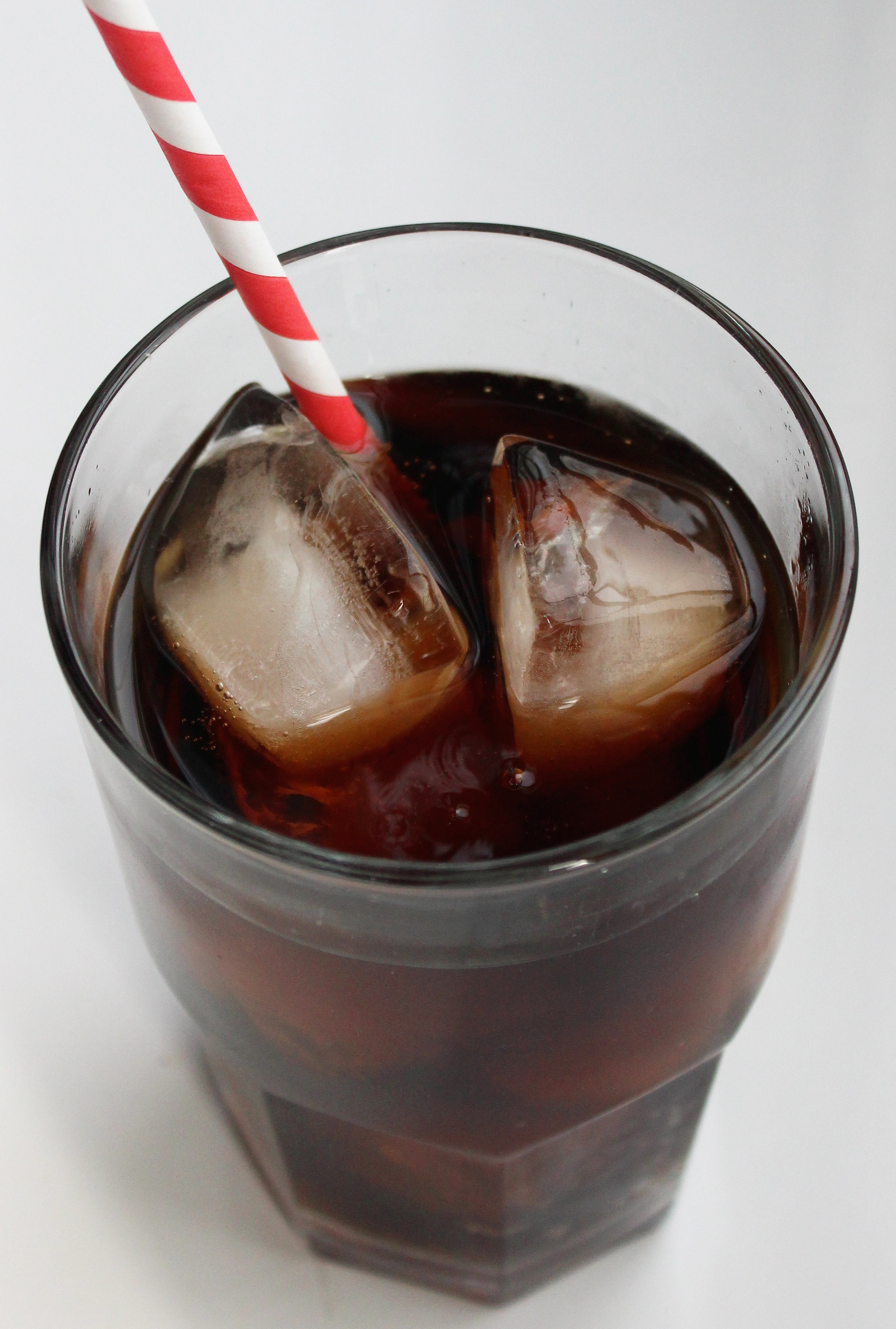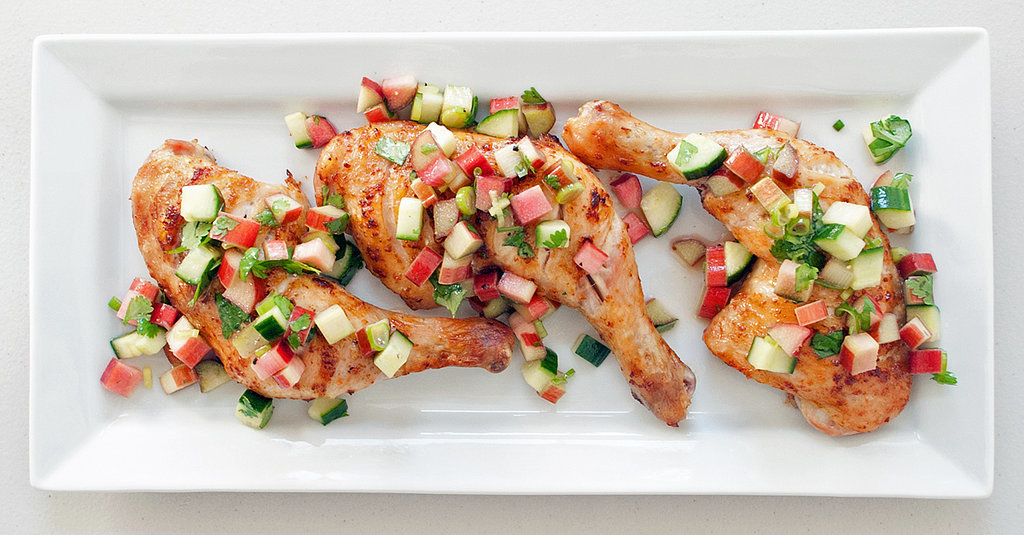Despite its name, the Telluride WOW Fitness Festival isn't just about push-ups, crunches, and burpees. There is also great advice being shared — including this nugget from trainer Jonathan Ross: "One bad meal won't transform your body, just like one good meal won't equal immediate results; the body builds itself from habit." If you're curious to know which habits matter in the long run, Jonathan offered up his rules for things you should always — and never! — do when it comes to eating.
Related: The 1 Thing That Helped Me Lose Weight
Always
Eat veggies and protein at every meal: We're not talking fried, cheese-covered, or canned vegetables, either. Not only are fresh veggies rich in vitamins and antioxidants, but their water and fiber content also help keep you full. If the thought of eating veggies all day long makes you gag, then get over it, says Jonathan. "Healthy food tastes boring for a little while. Your taste buds adapt." Alongside those veggies, make sure you have protein. Jonathan cites several studies showing that a diet rich in protein helps control cravings while also helping to build lean muscle mass, adding to the body's fat-burning potential.Eat healthy fats: Forget what you think you know about low-fat diets; it's all bunk, says the trainer. Good-for-you fats help lower LDL (bad) cholesterol and boost your HDL (good) cholesterol; they've also been shown to reduce belly fat. Look to incorporate monounsaturated and polyunsaturated fats into your meals while avoiding saturated and trans fats. Avocados, olive oil, and nuts are all great options.
Plan, prepare, pack: The best way to maintain a healthy diet is to be in charge of it yourself. Jonathan recommends cooking meals at home and packing your lunch whenever possible. Another tip: keep water and healthy snacks in your purse, car, and gym bag. This way, you won't be tempted to order out when you're on the go.
Be kind to yourself: Even with the best intentions, binge-eating might happen. Whatever you do, don't beat yourself up, warns Jonathan. "Handle slipups as nothing more than they are," he says. Consuming yourself with guilt can make things worse; part of sticking to a healthy diet involves feeling good about yourself and the choices you make.
Never
Drink calories: You've heard it before, but soda, juice, and other store-bought beverages are some of the biggest obstacles when it comes to maintaining a healthy diet. They contain no real nutrition and are basically nothing but sugar, the trainer adds. The one exception Jonathan makes for this rule are healthy smoothies. Look for recipes that contain fiber, protein, and healthy fats.Skip meals: When you want to change your body, nutrition is key. "Fill your gut to lose your gut," says Jonathan. "It's the best way to lose weight and keep the body going." Jonathan also advises to eat "real food" — the more you know about where it came from or what it's made of, the better. Eat four to six small meals each day, and make sure that protein is a component in everything you eat, he says.
Eat fried foods: Yes, Jonathan did say that occasional indulgences are OK, but fried foods are something he almost always steers clear of, saying they're "completely destructive to the body." Fried foods are widely available (and cheap), making them hard to steer clear of, but the amount of trans fat they contain should be enough to scare anyone, he says.
Eat sugars or grains at night: While Jonathan is a huge fan of whole grains, he says to avoid them at night, along with sugar and starches. Just like trainer Bob Harper, Jonathan believes that breakfast should be the heartiest meal of the day; from there, gradually lighten as you get closer to dinner. Starches and grains are more calorie-dense and unneeded at night when the body is winding down, says Jonathan.
Image Sources: POPSUGAR Photography / Lizzie Fuhr and POPSUGAR Photography / Sisilia Piring

